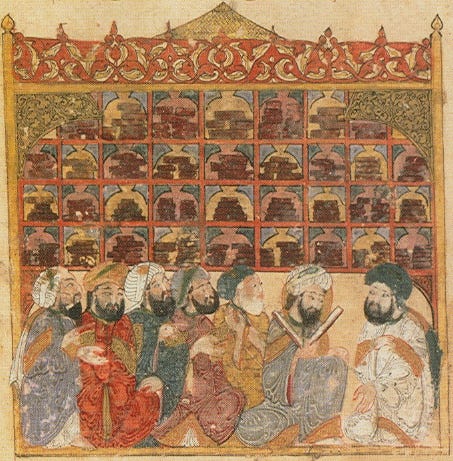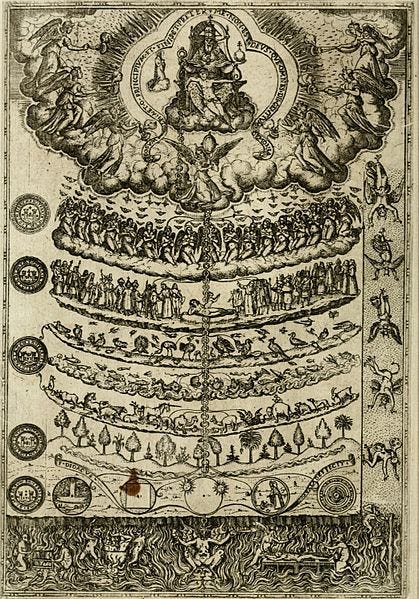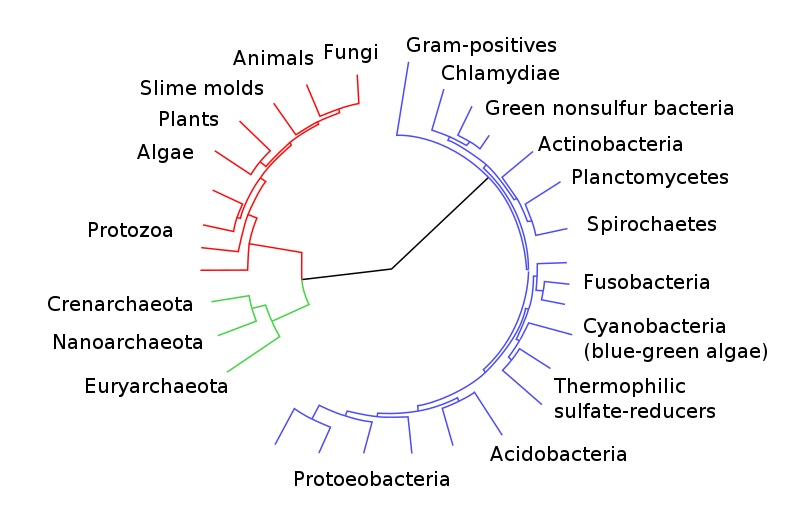Exploring Evolutionary Ideas from Pre-Darwinian Muslim Scholars
Written on
Chapter 1: Evolutionary Concepts Before Darwin
While Darwin is widely acknowledged as the pioneer of contemporary evolutionary theory, several Muslim scholars had already articulated evolutionary concepts long before his time.

Evolutionary Ideas Through History
The connection between evolution and Darwin is frequently made, and rightly so. However, notions about the adaptability of species and the dynamic nature of life can be traced back well before Darwin’s era.
Many educational resources often reference ancient Greek philosophers like Anaximander, who suggested that animal life initially existed in aquatic forms. Another thinker, Empedocles, stressed the idea of continual change, opposing Plato’s concept of eternal ‘Forms’.

The Evolution of Thought
As we move forward in time, we encounter figures like Gottfried Leibniz, who theorized about ‘monads’ that contained the essence of all entities and underwent transformations into various life forms. Similarly, Georges-Louis Leclerc, Comte de Buffon, proposed that all species within a genus originated from a common ancestor. Even Erasmus Darwin, Charles Darwin's grandfather, speculated on the emergence of warm-blooded animals from a shared lineage.
The foundation of evolutionary thought was laid long before Charles Darwin’s contributions.
For a broader understanding of pre-Darwinian philosophical ideas, consider referring to the Stanford Encyclopedia of Philosophy, which provides insightful summaries.
Muslim Scholars and Evolutionary Thought
It's important to acknowledge that the development of science and philosophy was not limited to the Western world; it also thrived in various regions globally. A recent review highlights the innovative evolutionary ideas expressed by numerous pre-Darwinian scholars from the Muslim world. Below are some quotes that illustrate these thinkers’ remarkable insights:
- Al-Jahiz (776–868), Iraq: "Animals engage in a struggle for existence; for resources, to avoid predation, and to reproduce... Environmental conditions drive organisms to develop new traits for survival, leading to the emergence of new species."
- Ibn Miskawayh (930–1030), Iran: "The initial phase of animals is weak... They evolve to more complex forms, such as the mole, and this evolutionary progression continues through species like ants and bees."
- Ikhwan Al-Safa (8th-10th century, Iraq): "The early stages of the plant kingdom connect with the last stages of minerals, and the highest stage of plants links to the first stage of animals."
- Al-Beruni (973–1048), Turkmenistan/Uzbekistan: "When Nature lacks the material to fulfill an animal's form, she adapts it to mitigate defects, endowing it with as much vitality as possible."
- Ibn Tufayl (1105–1185), Spain/Morocco: "Life arises from matter, and man is the product of natural elements interacting, whether through spontaneous generation or an evolutionary process."
- Nizami Aruzi (1110–1161), Uzbekistan/Iran: "Once an organism reaches perfection, it begins to produce germ cells to ensure the continuation of its species."
- Nasir ad-Din Tusi (1201–1274), Iran/Iraq: "Animals surpass plants in complexity due to their ability to consciously move and seek nourishment."
- Ibn Khaldun (1332–1406), Tunis/Egypt: "The diversity of animal species expands gradually, ultimately leading to the emergence of man, who possesses the ability to think and reflect."
These scholars articulated notions of natural change and established a hierarchy of existence, ranging from minerals to plants, animals, and humans. Similar to many of their Western counterparts, they believed in a divine intent guiding the evolution from simpler forms to more complex beings.

Rethinking Evolutionary Purpose
Today, we understand that evolution lacks inherent direction or purpose. Darwin's significant contribution was the realization that the diversity of life does not necessitate a divine explanation.
What is essential is:
- Heritable variation in fitness.
Nonetheless, it is beneficial to seek knowledge beyond our cultural confines, broadening our understanding through diverse global perspectives. This exploration enriches our comprehension of the universe and the "endless forms most beautiful" that inhabit it.

Chapter 2: Insights from Modern Discourse
The first video, "Is Darwinian Evolution a Fact? Subboor Ahmad & James Fodor," examines the validity of Darwinian principles and their implications in modern science.
The second video, "Teaching Evolution to Muslim Students by Dr. Rana Dajani," discusses strategies for effectively communicating evolutionary concepts in diverse educational contexts.